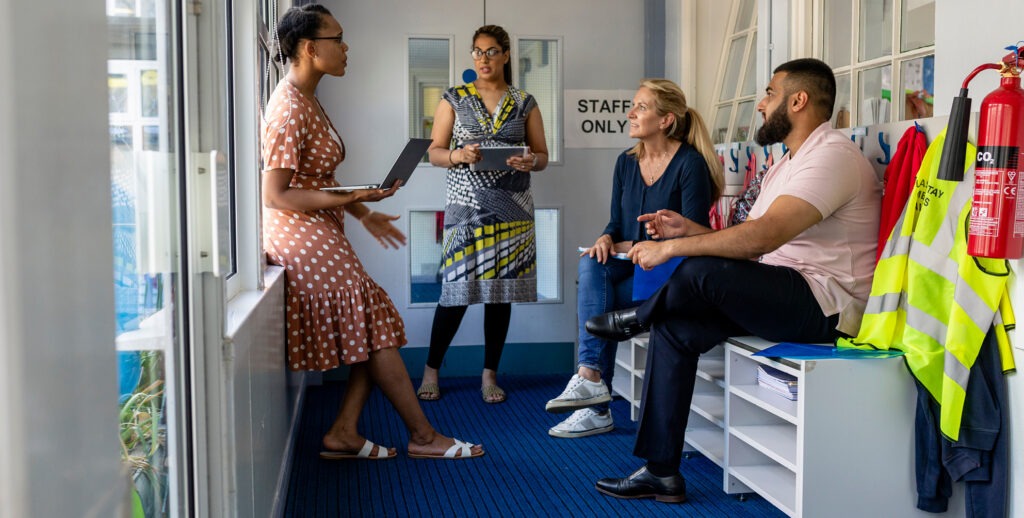E77: Inside Specialization – Editing, Proofreading, and Copyediting
Join podcast host Gloria Cabrejos and guest Eve Bodeux to learn the skills required to specialize in editing, proofreading, and copyediting.
Read MoreATA Advises California City Council on Language Access
Following Santa Maria City Council’s decision against adding live interpreting services to its meetings, ATA reminded the mayor and council members in writing of…
Read MoreQuick Tips! Get Started on a Style Guide NOW!
Developing a style guide is essential for translation and localization, but who has time to do it? Find out how creating QuickTips could help you address style and terminology issues right away.
Read MoreCollaborating with Self-Published Authors: Another Option for Literary Translation
Can you make money working with self-published authors? Yes! Will you make as much per word as you would if you were translating a chemical patent or financial report? No, probably not, but it can still be worthwhile.
Read MoreHow I Went from Translator to Subtitler in Just a Few Months: Tips to Start You on Your Way
The pandemic gave me something I desperately needed: a large chunk of time and a good reason to diversify my service offerings. Here’s an outline of the four steps I followed to save my business and quickly transition from translator to subtitler.
Read MoreTranslators and Interpreters Working Together to Create a National Code of Ethics for Educational K-12 Settings
After years of borrowing from other fields of specialization, translators and interpreters working in K-12 educational settings are coming together to create a code of ethics and standards of practice that takes into account the reality of this environment and how multiple interpreting and translation specializations converge in this space. Find out how a multi-state team of professionals has taken the lead to standardize practice and advance the recognition of the role of professionals in this field.
Read MoreIs the Pen Mightier than the Sword, or How Much Do Words Really Matter?
In recent years, people have become more aware of how language, and specifically inappropriate terms, further sustain inequalities. While replacing outdated terminology with new, more appropriate, and inclusive words seems straightforward enough and can solve concerns around racist, ageist, or ableist terms, using inclusive language to remove inequalities doesn’t stop there.
Read MoreBonanza! Striking Translation Gold by Mining Parallel Texts
Let me start with a confession: I barely passed translation theory in college. I scraped by with a C after several nights in a…
Read MoreEditing Translations: Tips for Cultivating a Collaborative Mindset
Most translators I know also work as editors. There seems to be an industry assumption that translators do both by default. This makes sense,…
Read MoreSelling Data
In 2004, I started a company with Donna Parrish, one of the co-owners and co-organizers of the LocWorld conferences (https://locworld.com), called TM Marketplace. The…
Read MoreSelf-Published Authors: Another Option for Literary Translation
A lot of us first became interested in translation because we wanted to translate books, or more specifically, novels. Even if we ended up…
Read MoreE73: Inside Specialization – Legal Translation
Hear about the role passion plays in the decision to become a legal translator and learn the key to becoming one of the best.
Read More









